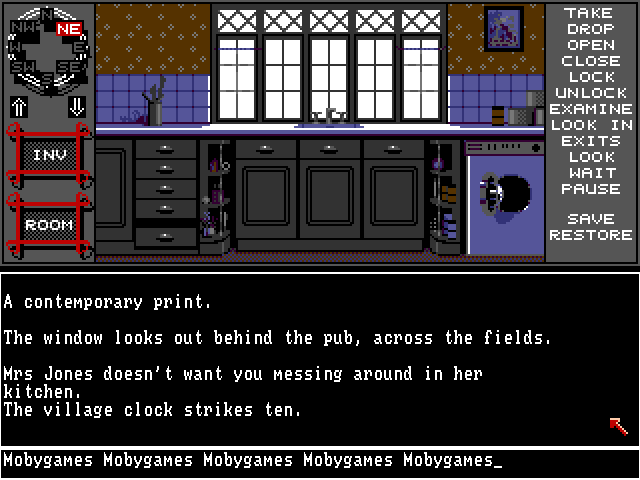

Paralysis, multiple awakenings, lucid dreamingĪnd insomnia were the prominent most symptoms Prevalence of sleep paralysis among female 45% didn't find it related to spiritualityĪnd 22% reported that sleep paralysis is related to (49%) experienced it for few minutes per episode.Ĥ2% experienced multiple awakening, night terrorĪnd insomnia, 42% were suffering from anxietyĭepression. It every month, 6(5.7%) experienced it every weekĪnd one(0.9%) experience it daily. There were 25(23.6%) females who hadĮxperienced it once or twice in life, 15(14.2%)Įxperienced it every year, 12(11.3%) experienced Non-probabilityĬonvenient sampling technique was used.The prevalence of sleep paralysis wasĥ5.66%.

Through a self- administered QuestionnaireĬonsisting of 10 questions. The data wereĬollected from the University of Lahore Hostels

Lahore.Methodology: This cross-sectional study wasĬonducted on 106 female hostelites. Paralysis in hostelite females of University of Objective: To find the prevalence of sleep Therefore, adequate stress-coping skills, sleep education to raise awareness of the importance of maintaining an appropriate circadian rhythm, and effective treatments for insomnia are required. The results indicate that nightmares and sleep paralysis are induced by high levels of stress and insomnia symptoms in Japanese adults. This study revealed the prevalence of nightmares and sleep paralysis among the general Japanese population. As for sleep paralysis, younger age, smoking, difficulty maintaining sleep, and distress had higher odds ratios. As for nightmares, multiple logistic analyses revealed that long sleep duration, use of hypnotic medication, difficulty initiating sleep, difficulty maintaining sleep, early morning awakening, excessive daytime sleepiness, and distress had higher odds ratios. In the total sample, the prevalence (95% confidence interval) of nightmares and sleep paralysis was 3.0% (2.6–3.4%) and 2.4% (2.1–2.8%). Participants completed a self-reported questionnaire on the frequency of nightmares and sleep paralysis in the previous month. Data from 8099 people (3748 men and 4351 women) were used. Subjects were selected randomly from among 300 districts throughout Japan. This study was designed as a cross-sectional sampling survey conducted in November 2007. The objective of this study was to determine the prevalence of nightmares and sleep paralysis and their associated factors in the general population in Japan.


 0 kommentar(er)
0 kommentar(er)
